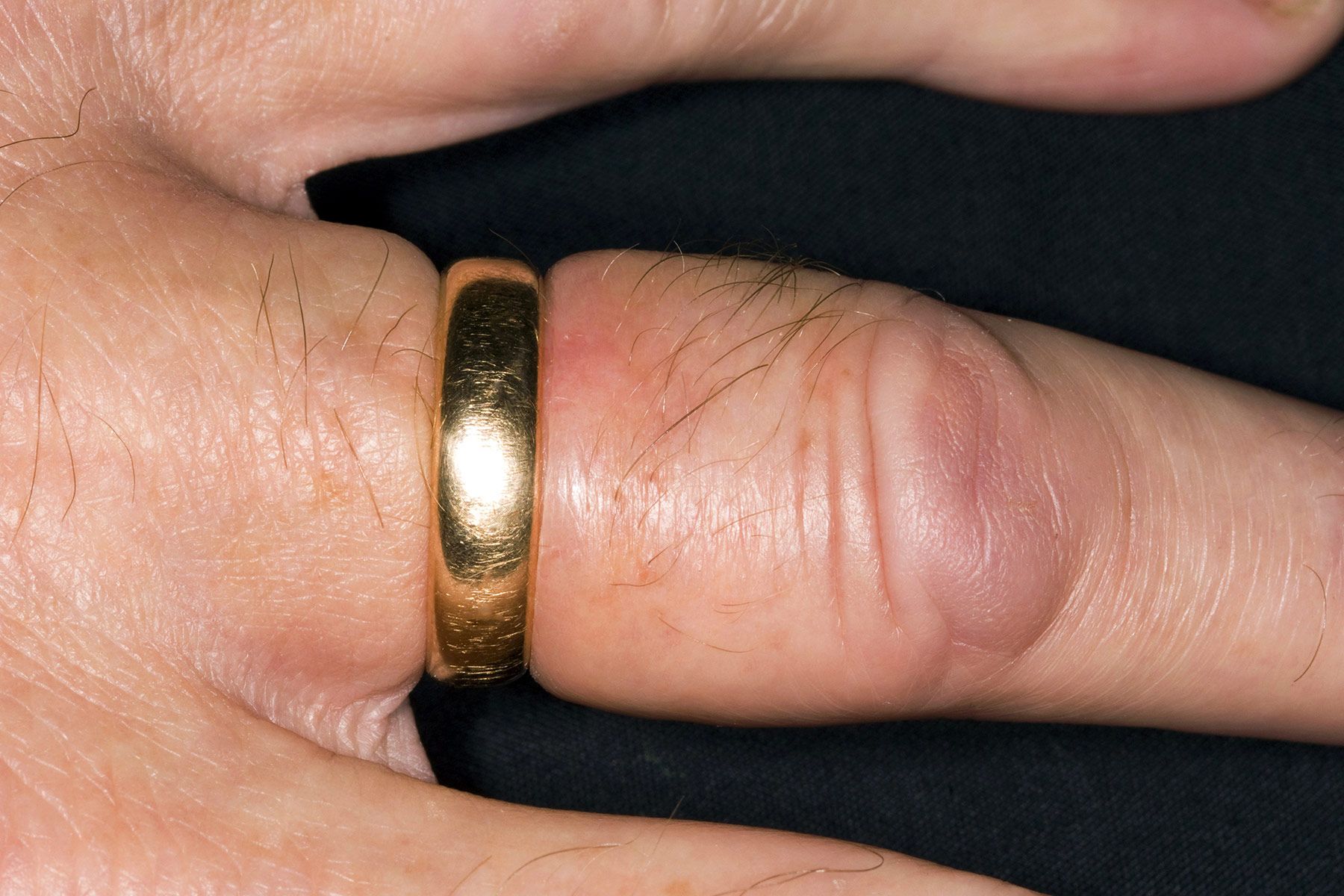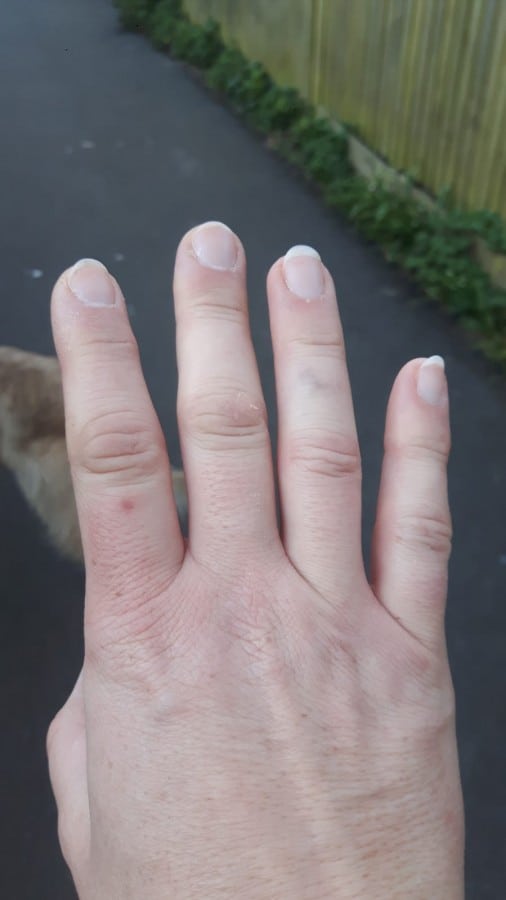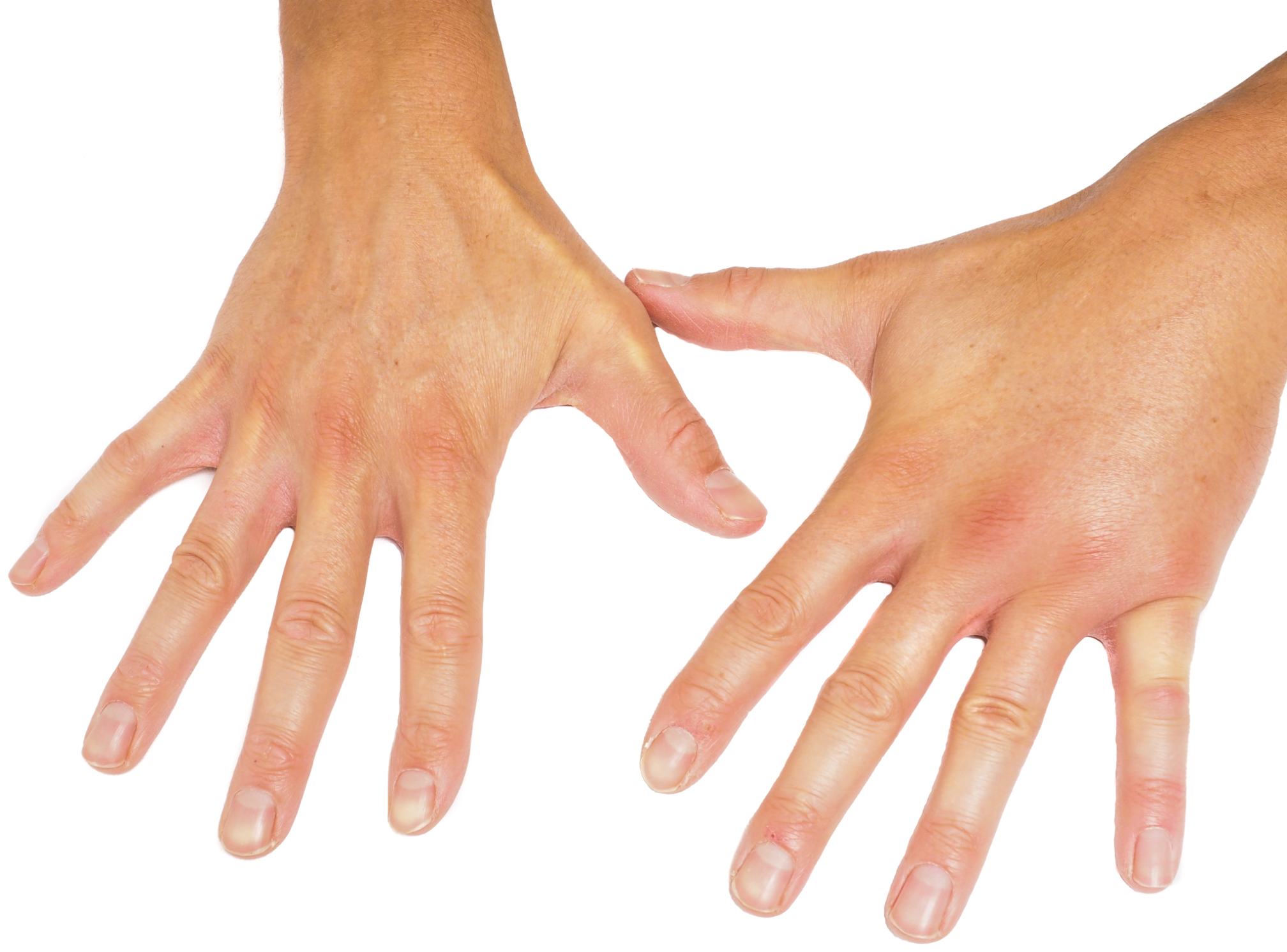What Causes Fingers to Swell When Walking?
Walking is a popular form of exercise and a fundamental aspect of daily life. However, some individuals may experience finger swelling during or after a walk. This phenomenon, known as peripheral edema, can be bothersome and affect one’s ability to perform daily tasks. The primary question that arises is, “why does your fingers swell when you walk”? This article aims to explore the possible reasons behind this occurrence and provide practical solutions to alleviate the discomfort.
The Role of Fluid Retention in Swelling Fingers
Fluid retention, or edema, is a common cause of finger swelling during walks. This condition occurs when excess fluid accumulates in the body’s tissues, leading to swelling in various areas, including the fingers. The lymphatic system, responsible for maintaining fluid balance, may struggle to keep up with the increased fluid movement during physical activities like walking, resulting in swollen fingers.
How Gravity Affects Fluid Movement in the Body
Gravity plays a significant role in fluid movement within the body, particularly during physical activities like walking. As you walk, the force of gravity pulls your body downwards, causing fluid to accumulate in the lower extremities, including the fingers. This accumulation can lead to swelling, as the body struggles to maintain fluid balance during the increased physical exertion.
The Connection Between Heat and Fluid Retention
Heat can significantly contribute to fluid retention, which in turn exacerbates finger swelling during walks. Warm weather or increased body temperature during physical activities can cause blood vessels to dilate, allowing more fluid to leak into the surrounding tissues. This accumulation of fluid can lead to swelling in the extremities, including the fingers. To minimize the impact of heat on finger swelling, consider walking during cooler parts of the day or using cooling mechanisms like ice packs or cooling gloves.
How to Minimize Finger Swelling During Walks
There are several practical tips and strategies to help reduce finger swelling during walks. First, consider wearing compression gloves, which can help promote blood flow and minimize fluid accumulation in the fingers. Staying hydrated is also crucial, as it helps regulate the body’s fluid balance and can alleviate swelling. Lastly, maintaining a healthy diet rich in fruits, vegetables, and lean proteins can support overall vascular health and reduce the likelihood of fluid retention.
When to Consult a Medical Professional About Swollen Fingers
In some cases, finger swelling during walks may indicate an underlying health condition or require medical attention. Consult a healthcare professional if you experience persistent swelling, severe pain, or if the swelling affects your ability to perform daily activities. Additionally, if you have a history of heart, kidney, or liver disease, or if you are taking medications that may cause fluid retention, it is essential to discuss finger swelling with your doctor. While there are no specific products or treatments to prevent finger swelling during walks, maintaining a healthy lifestyle and addressing any underlying health issues can help alleviate the problem.
Living an Active Lifestyle Despite Finger Swelling
Finger swelling during walks should not hinder your overall physical activity and well-being. By implementing a few simple strategies, you can continue to enjoy the benefits of walking while minimizing finger swelling. First, consider adjusting the intensity and duration of your walks, taking breaks when needed to alleviate swelling. Additionally, incorporating strength training and flexibility exercises into your routine can help improve circulation and reduce fluid retention in the fingers. Lastly, elevating your hands above your heart during rest periods can help promote fluid drainage and alleviate swelling.
Additional Factors That May Contribute to Finger Swelling
While fluid retention and gravity play significant roles in finger swelling during walks, other factors may also contribute to the issue. Hormonal changes, such as those experienced during pregnancy or menopause, can cause fluid retention and swelling in various parts of the body, including the fingers. Certain medications, like nonsteroidal anti-inflammatory drugs (NSAIDs) or corticosteroids, can also lead to fluid retention as a side effect. Lastly, injuries or inflammation in the hands or wrists can cause swelling, which may be exacerbated by the physical activity of walking. If you suspect that any of these factors may be contributing to your finger swelling, consult your healthcare professional for guidance and treatment options.









